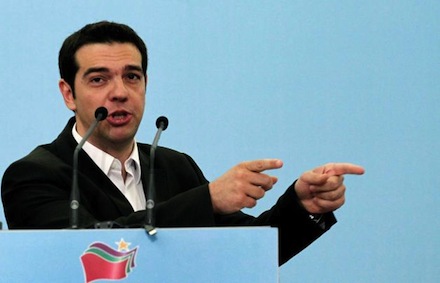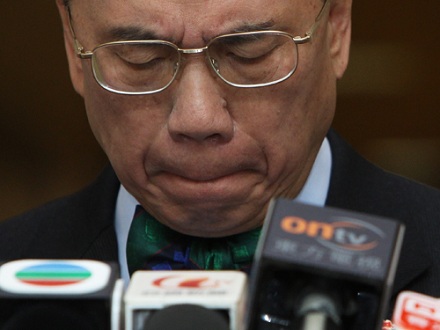Too good to be true, especially for a Saturday.![]()
It appears that the Zimbabwe government’s twitter feed is still having some growing pains:
ZANU PF @zanu_pf: We unreservedly apologise for saying whites are pink like raw meat We demanded it be deleted and have will return Cde Soddy as moderator. [7 hours ago]
ZANU PF @zanu_pf: Cde Chinx has been removed from twitter duties. We will however give him a fertile piece of land to farm. He is a good man, just angry. [6 hours ago]
ZANU PF @zanu_pf: We look forward to Cde Sodindo’s return & in the mean time our tweeting is on hold. We have also downloaded a spell check 2assist Cde Soddy. [6 hours ago]
ZANU PF @zanu_pf: Last tweet from Cde Chinx “Cdes I am sorry for my mistake, I have lots of angry against the white- I am sorry.” [6 hours ago]
ZANU PF @zanu_pf: 2show how dedicated & committed Cde Chinx has been he also asked that we tweet this photo of him & our beloved leader: pic.twitter.com/jIpNLKo1 [6 hours ago]
ZANU PF @zanu_pf: Cdes and friends! Its me cde Soddy! I will continue to tweet revolutionary statements and information for beloved party. Pamberi.NeZANUPF [2 hours ago]
ZANU PF @zanu_pf: Cdes and friends please realise that despite our vigorious screen process, something wrong tweet, slip out. We are new to this twita thing. [2 hours ago]
Comrade Chinx’ Dickson Chingaira is a longtime supporter of the Zimbabwe African National Union – Patriotic Front (ZANU-PF) party of Robert Mugabe, and he has long had a cultural role in Mugabe’s governments — he is especially well known for his pro-liberation songs from the 1970s and in ensuing years. It appears he has not had the best string of luck recently, though: he had his mansion bulldozed in 2005, had to become a fishmonger in 2010 and now has been ousted from his Twitter perch.







